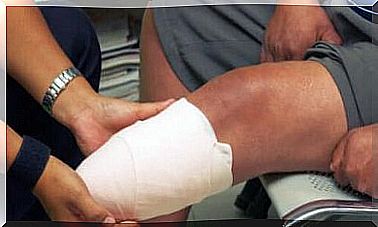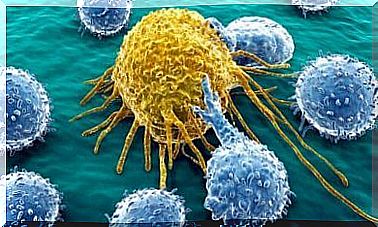The Savior Complex: Relationships With Wounded People

Are you starting a relationship with someone who is in pain, or someone who still has a broken heart? There are some people who feel that they should be with people who need help picking up the pieces for them and healing them. They may be people with a phenomenon known as the savior complex.
Often, however, they are not aware of the risk they are taking to dive into a relationship with a person who has suffered in a relationship. Often these types of people need to spend some time alone and overcome the pain themselves.
The Savior Complex
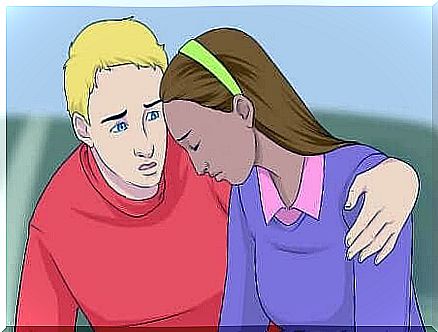
Having a savior complex makes one alert to any person who is injured and in need of care. Perhaps this is a person who has suffered in a toxic relationship, a violent relationship or felt humiliation. There are some who did not receive the love they deserved, and whom the “Savior” welcomes.
The Savior can try to heal their wounds and wait until they take the first small step forward. Maybe you recognize these types of people. If you have a savior complex, you may also recognize the following:
- Your parents could not meet your basic needs as children and did not give you the love and care you needed. To compensate for this, you give other people what you never had.
- Your parents were very authoritative and aggressive, so you consider other more vulnerable and injured people as possible perfect partners. You go to the other extreme.
- Since you were very young, you have lived to try to please other people. Now you want to take care of someone yourself and try to give them everything they need.
- Because of the fear of being alone, or of rejection, you think that trying to please and help people will make them be with you. By being the way you are, you believe that other people will give the same in return.
As you can see, the attitude of embracing an injured person without giving them time to heal on their own comes as a result of our own experiences. However, what we often do not realize when we start a relationship with someone who is hurt, is that it is we who end up being hurt.
When the injured person finds healing
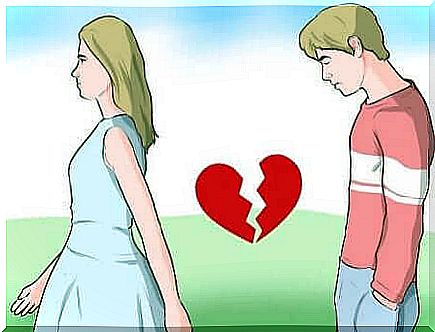
When the injured person feels “reborn”, they will continue as they were, thanks to the care of the person who took them in. What happens next? What happens is that the injured person often runs away and leaves the person who took care of their pain behind.
This leaves the person with the savior complex in despair. This is not just because of everything they had done for the other person. It is also because they want to wonder what they have left. In addition to having to pick up all the broken pieces, they must restore their dignity. Above all, however, they must face their deepest fears: being alone and feeling abandoned.
They will logically consider the other person grateful. However, they will not hesitate to grab the hand of the next injured person they find and start a new relationship.
Save yourself from the savior complex
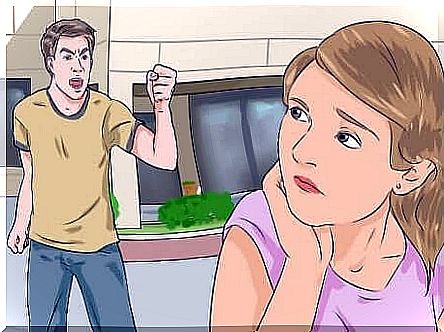
People who tend to be a “savior” often believe that there is something positive. However, they deprive people of the opportunity to face their problems alone. We can not save everyone. This prevents people from becoming stronger, from knowing that they can rebuild themselves. They need to know that they do not need someone who can fight the battles for them.
Entering into a relationship with an injured person is a huge risk. The risk is that they will leave when they get better. There is a risk of taking care of someone who may later become toxic. We must prevent ourselves from starting a relationship with someone who is hurt and who feels incomplete. To start a healthy relationship, both people must have solved their previous problems themselves.
If this is not the case, the relationship will almost certainly fail. In the worst case, both parties may end up even more injured than before.





